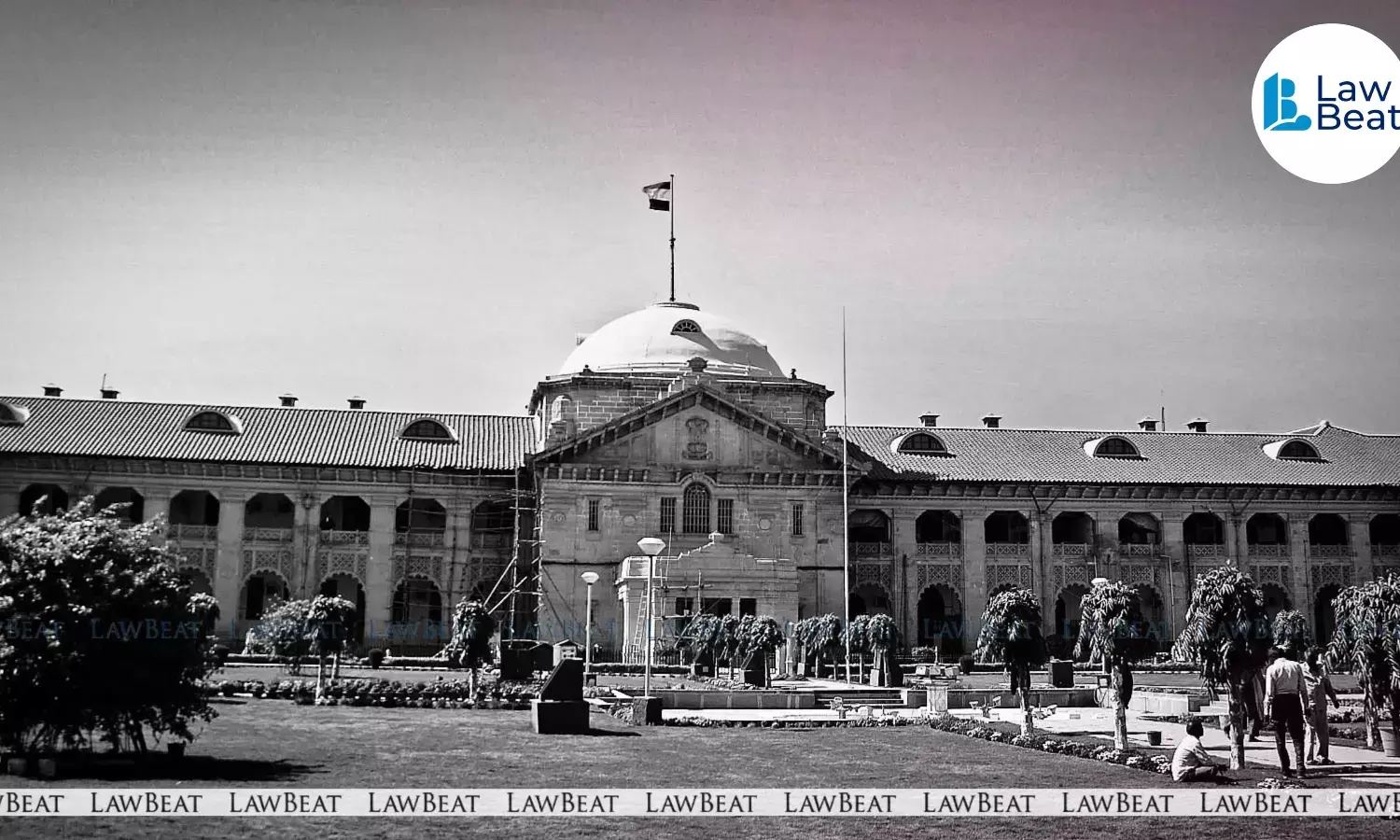Allahabad HC Raps Waqf Madarsa for Encroaching on National Highway Land, Dismisses Plea

The Allahabad High Court recently slammed Waqf Madarsa Qasimul Uloom for illegally constructing and claiming ownership over a portion of land belonging to National Highway No. 73, dismissing its plea to restrain authorities from demolition.
The bench of Justice Rohit Ranjan Agarwal observed that the Madarsa, which claimed to operate a mosque and provide education to underprivileged children on the premises, had failed to provide any evidence that the land in question was a registered waqf property.
“It is a classic case where the land of NHAI has been encroached upon by the plaintiff and Madarsa along with Masjid and certain other constructions have been raised and the property is being claimed to be a ‘waqf’,” the court noted.
In 2011, the Waqf Madarsa Qasimul Uloom (the petitioner) filed a suit seeking an injunction against the State and police authorities from dismantling structures allegedly forming part of the religious institution. Among the constructions was a police chauki, which had become defunct and locked up. The Madarsa claimed it had leased the space to the police for a meager rent of Rs. 34 per month.
However, the State contended that they discovered only in 2014—through letters from the Public Works Department and the National Highway Authority of India—that the site stood on national highway land and was obstructing proposed road widening under the National Highways Development Programme, Phase IV-B.
Following this, the State sought to amend its earlier defence to reflect the discovery, prompting the petitioner to approach the high court, arguing that such an amendment would amount to withdrawing prior admissions.
Rejecting this argument, the court held that the amendment was based on subsequent revelations and did not constitute a new defence. “The defendants had been paying rent of Rs. 34/- per month for a long time unknowingly, accepting the fact that the structure standing therein was the property of the plaintiff. Once it was revealed that the constructions were unauthorized, standing over the land of National Highway 73 that the amendment was sought," the court remarked.
Court also underscored the statutory prerequisites for a valid waqf, noting that the petitioner had neither registered the property under the Waqf Act, 1995, nor provided a waqf deed or survey listing to substantiate its claim.
“The plaintiff made construction over the land of National Highways and had let out the structure to different persons and was realizing the rent treating it to be property of waqf Madarsa. It cannot be said to be a case of ‘waqf by user’ as the owner of the property in dispute is the National Highway Authority of India, which is under the control of the Central Government, Ministry of Road Transport and Highways,” the court stated emphatically.
Therefore, the writ petition was dismissed, upholding the decisions of both the trial and revisional courts that had earlier permitted the State’s amended defence.
Case Title: Waqf Madarsa Qasimul Uloom vs. State Of U.P. And 2 Others
Download judgment here
